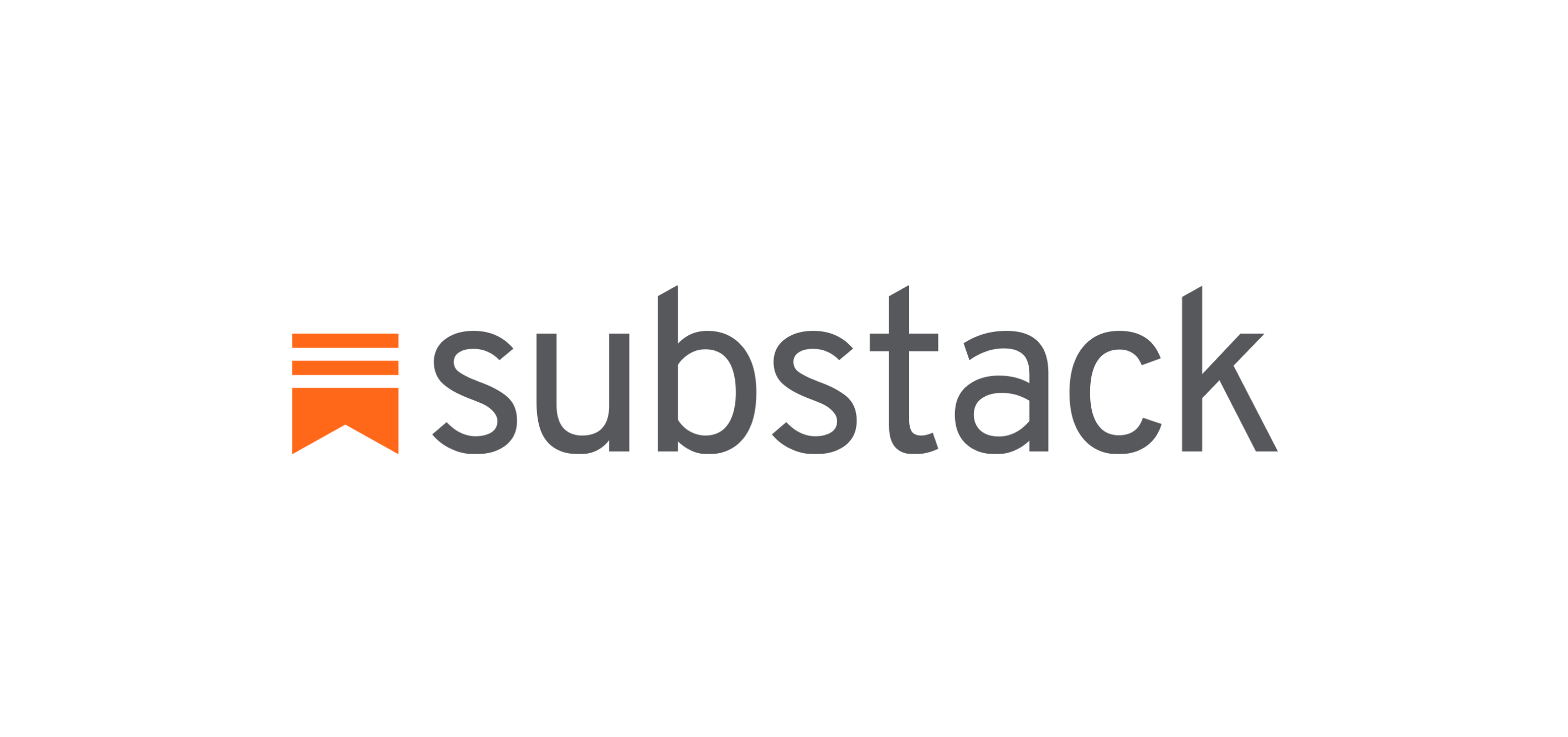I recently learned of a large food pantry in our area closing while meeting with some social service providers as a community volunteer. Through personal experience in working at a food pantry, study, and personal conviction, I have come to see food pantries as a band-aid approaches to a much bigger problem.
I witnessed the us/them mentality that usually results in charitable work. “They” take advantage of “our” generosity, so we have to come up with more rules to govern how we conduct our charitable enterprise. Most charitable endeavors are hard-nosed, full of signs, and generally demoralizing places.
The whole idea of relying on a handout is demoralizing to most people. It is devastating to one’s personal dignity and the availability of such last-ditch service providers creates a dependence mentality on something that is not sustainable over the long-term.
More food banks have to buy food and are receiving fewer donations and grants during these difficult economic times. Food pantries are huge operations that need a large volunteer staff, a ton of man hours, a dedicated director, and lots of storage space. Locally, clientele has increased as much as 35% in the last year.
The heart of these amazing food pantry directors and volunteers is in the right place, but I think we can do a better job.
- I have been working with a friend who has extensively researched cooperatives. It works like this:
- It is a total democracy, governed locally by its members.
- The co-op would rely heavily upon technology with on-line ordering and smart card payment.
- Early on the facility and equipment requirements would be minimal (Think of Peapod meets Market Day).
- A manager would need to be hired.
- Eventually, a full service store would be opened.
- The co-op would charge a membership fee of about $20.00.
- Members would buy groceries at 10% over wholesale (That is 20% less than you pay at most stores.)
- They would also volunteer about 2 hours, every 6 weeks.
- Those on a government food assistance program, would not have to pay the membership fee, could use their government program card to pay for allowable products, and they would be required to volunteer like all members.
- The membership fee would be waived for unemployed members.
- Emergency food assistance would be provided for anyone within our defined geographical boundaries (probably a two township area) who suffers a tragedy, like a house fire or flood.
- One-time, limited emergency food assistance would also be provided for anyone who has no means of payment.
- Those who continue to utilize the co-op and do not have a means of payment, would have their membership fee waived, but would need to volunteer the regular 2 hours every six weeks, plus an hour for every $20.00 of credit on their smart card.
- Anyone could swap volunteer hours for payment. That way no one goes hungry!
- Totally disabled persons who are not able to volunteer would be able to use whatever means of payment they have and their membership fee and volunteer requirements would be waived.
Eventually, the co-op would have too many volunteers and as it grows into a full service store, it will need to hire staff. Hopefully, many of the volunteers would be hired. But there would still be too many volunteers and a community-wide volunteer program would need to developed using the same type of technology as the co-op. Imagine the benefit to struggling municipal services and social agencies. Volunteers would be gaining experience and possibly, become candidates for new job openings.
The entire system contributes to a sense of human worth and develops the local economy, rather than straining it. All of the provisions for the co-op’s operation are monitored and governed by its members. Ten percent of every dollar spent, plus membership fees would go to operating expenses for paying for salaries, the facility, equipment, and the charitable side of the operation. Costs would be kept low by using volunteers and a no-frills facility. Members could also help out with donations for the charitable endeavors.
Make sense?
This post was originally published March 18, 2010.







